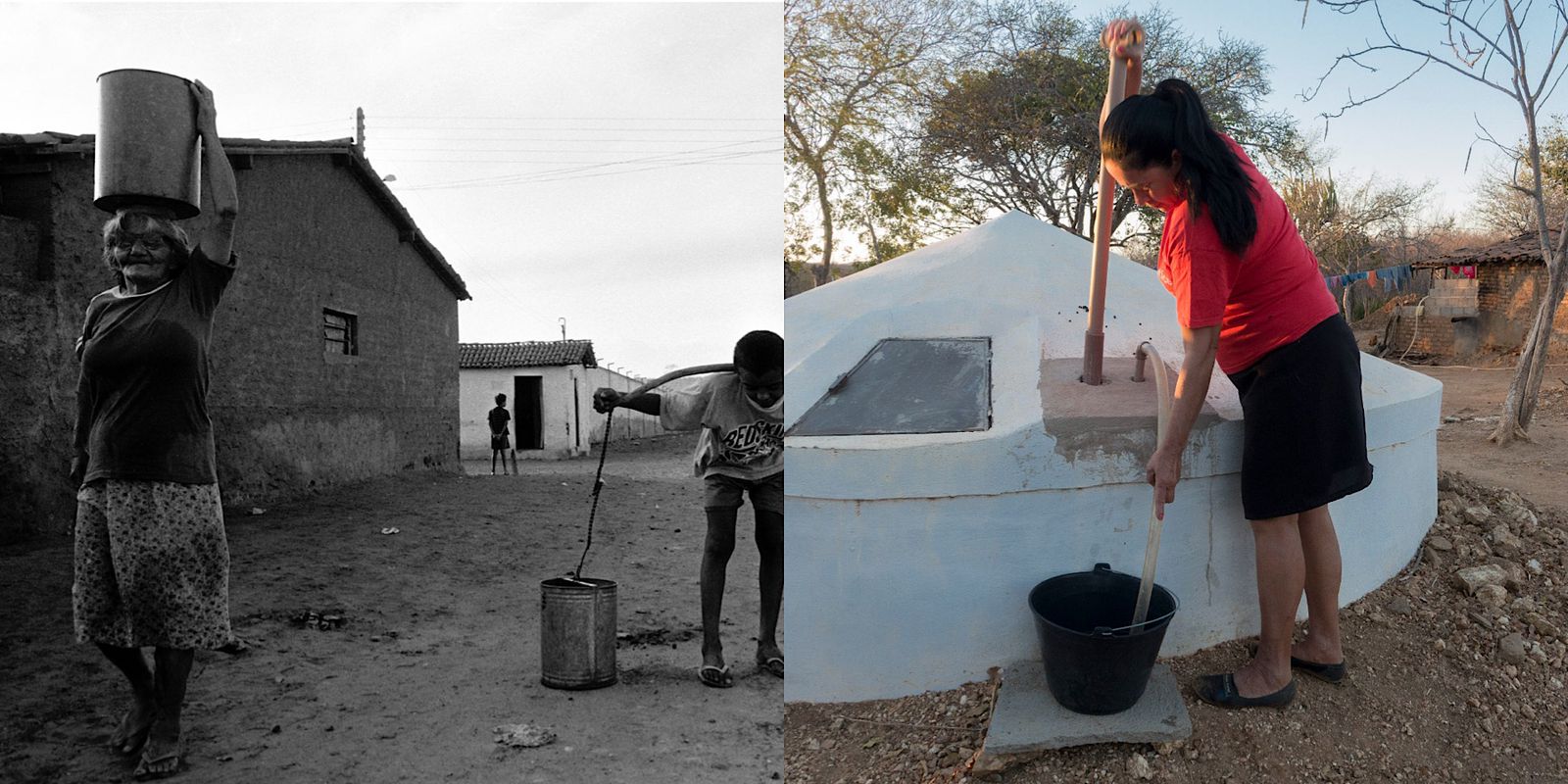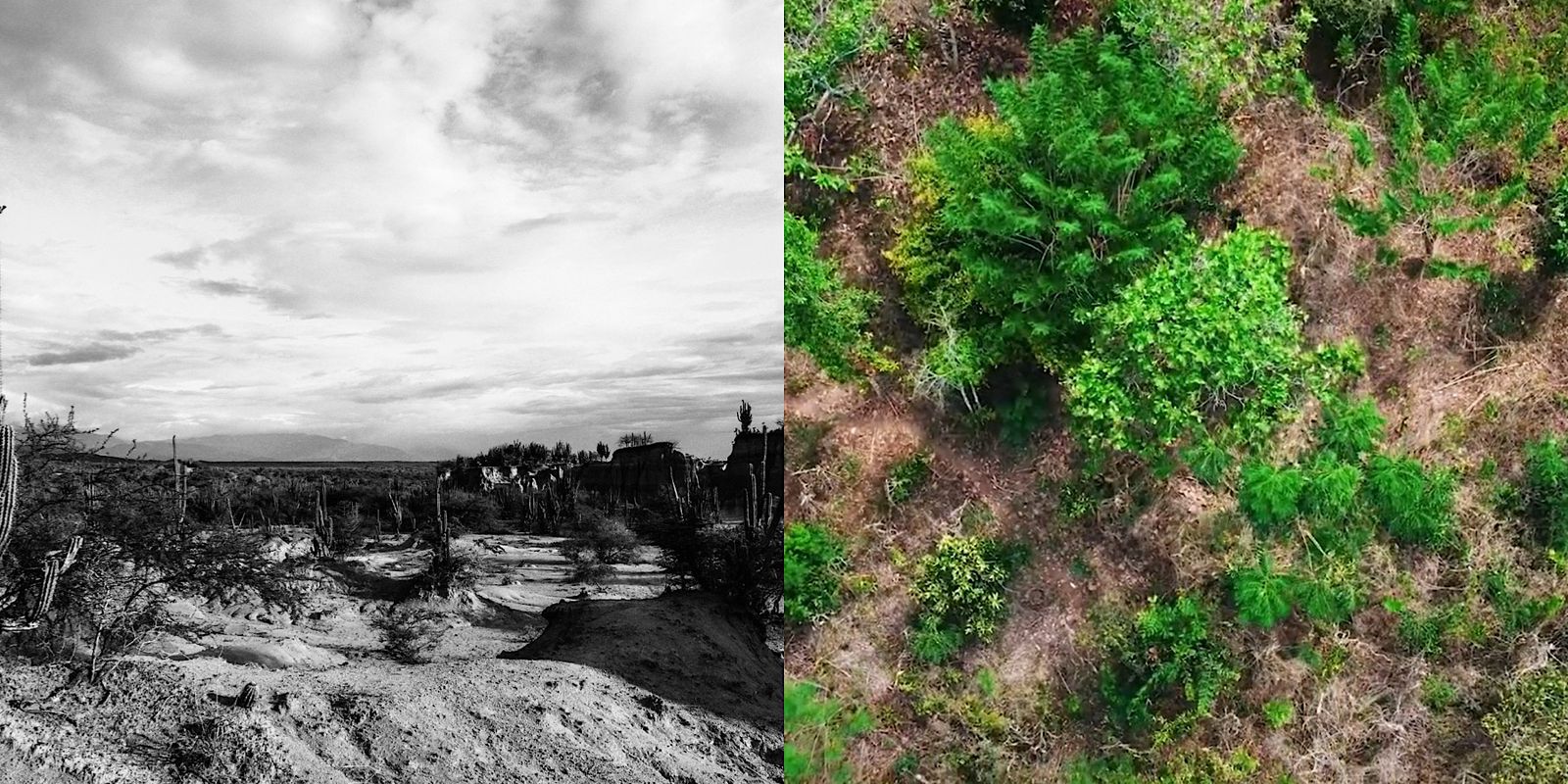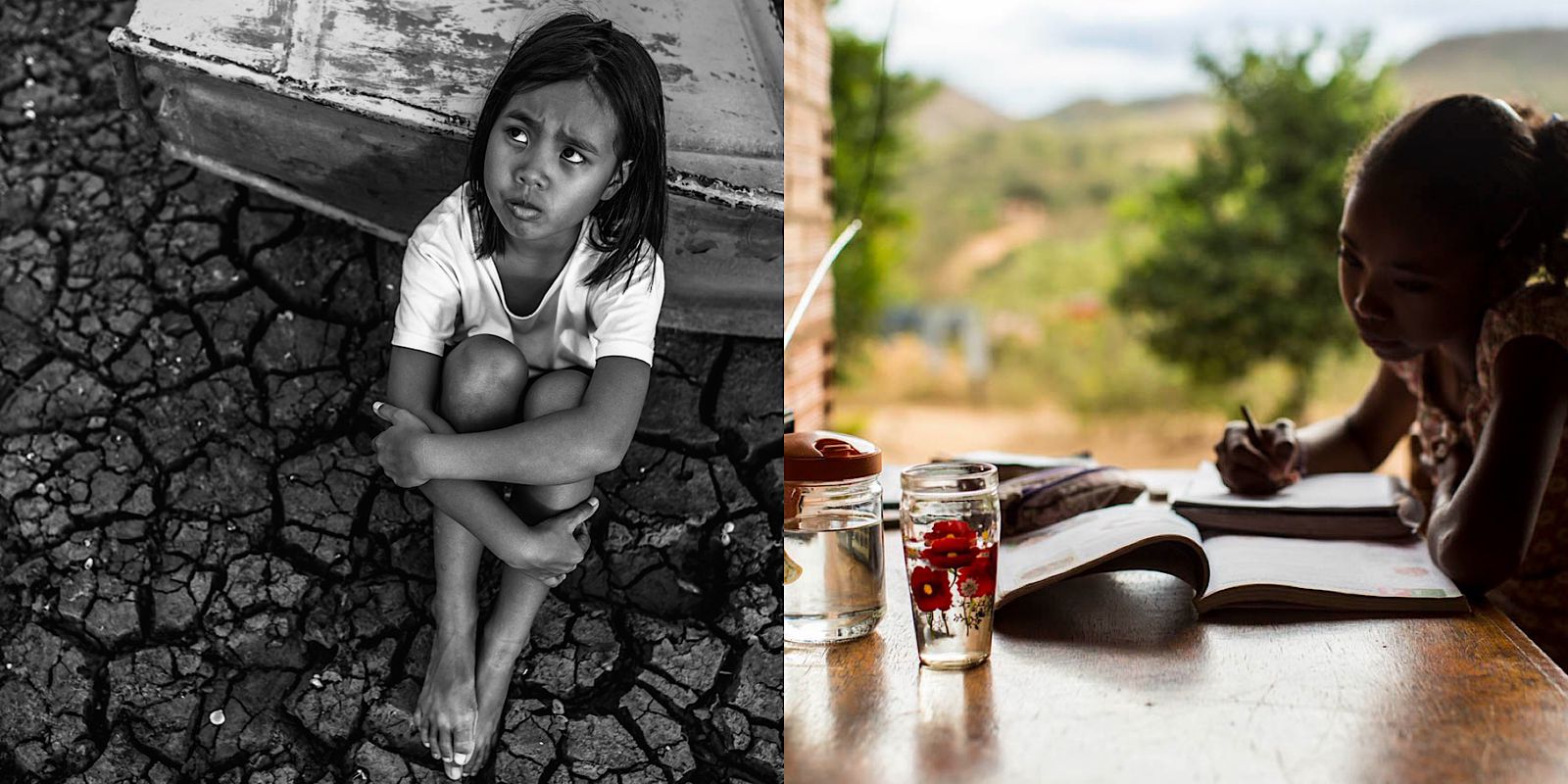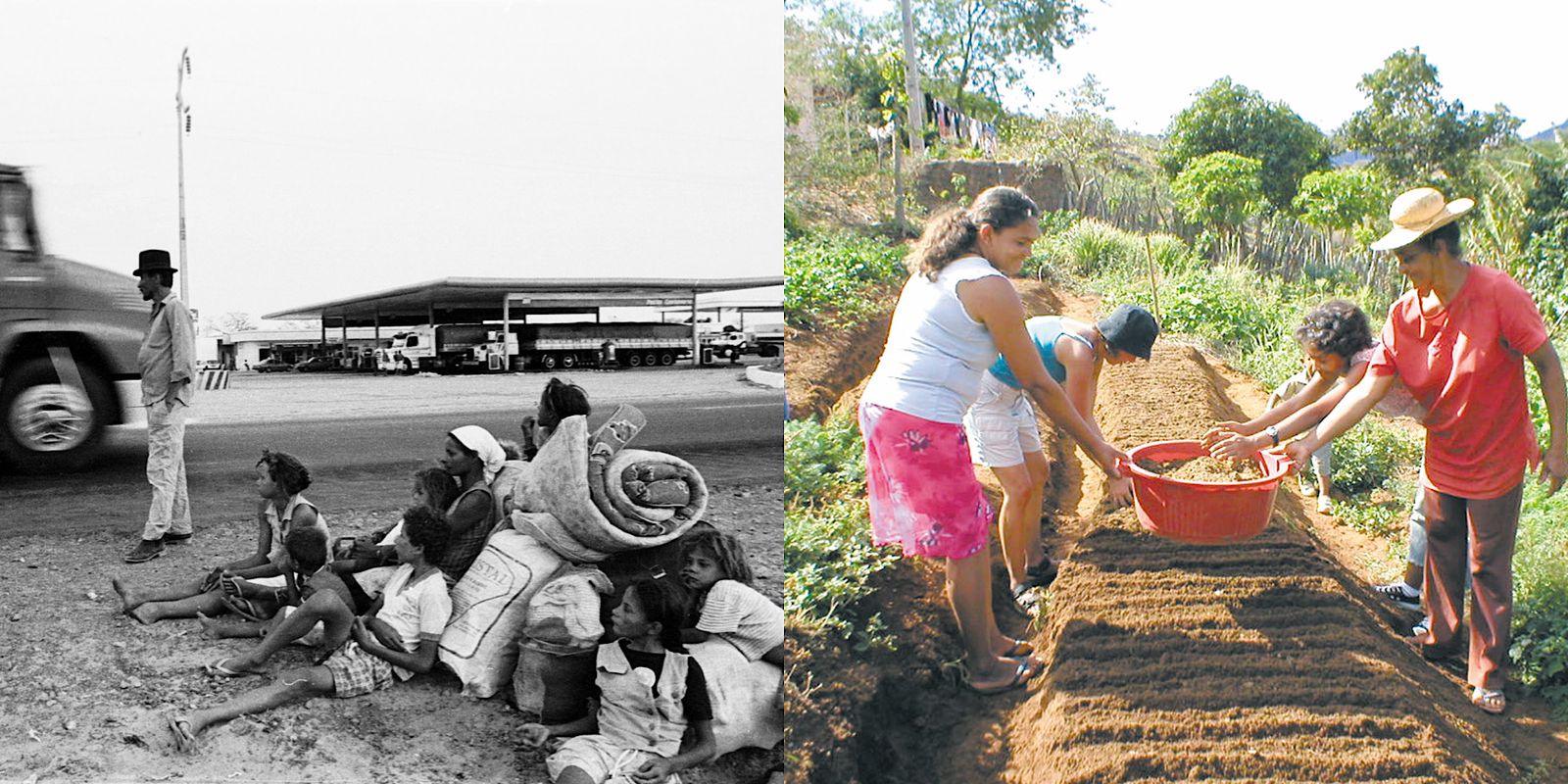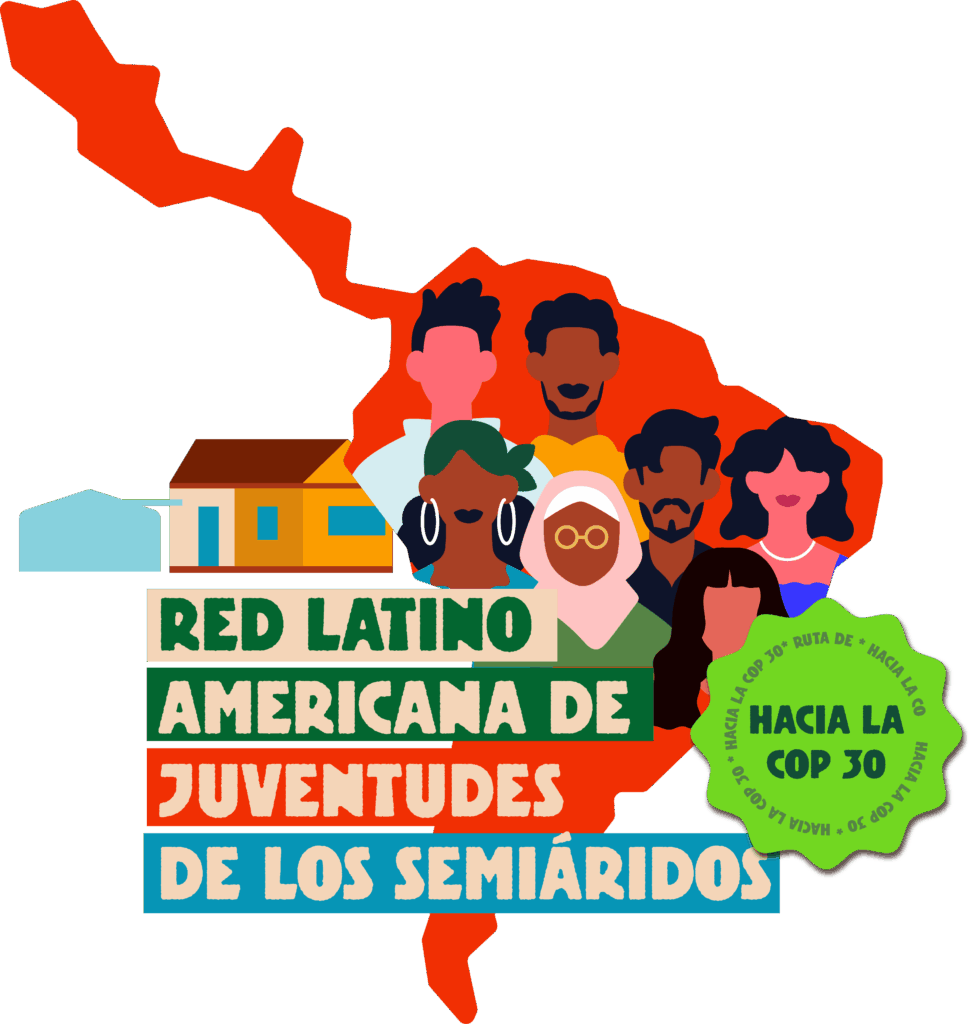
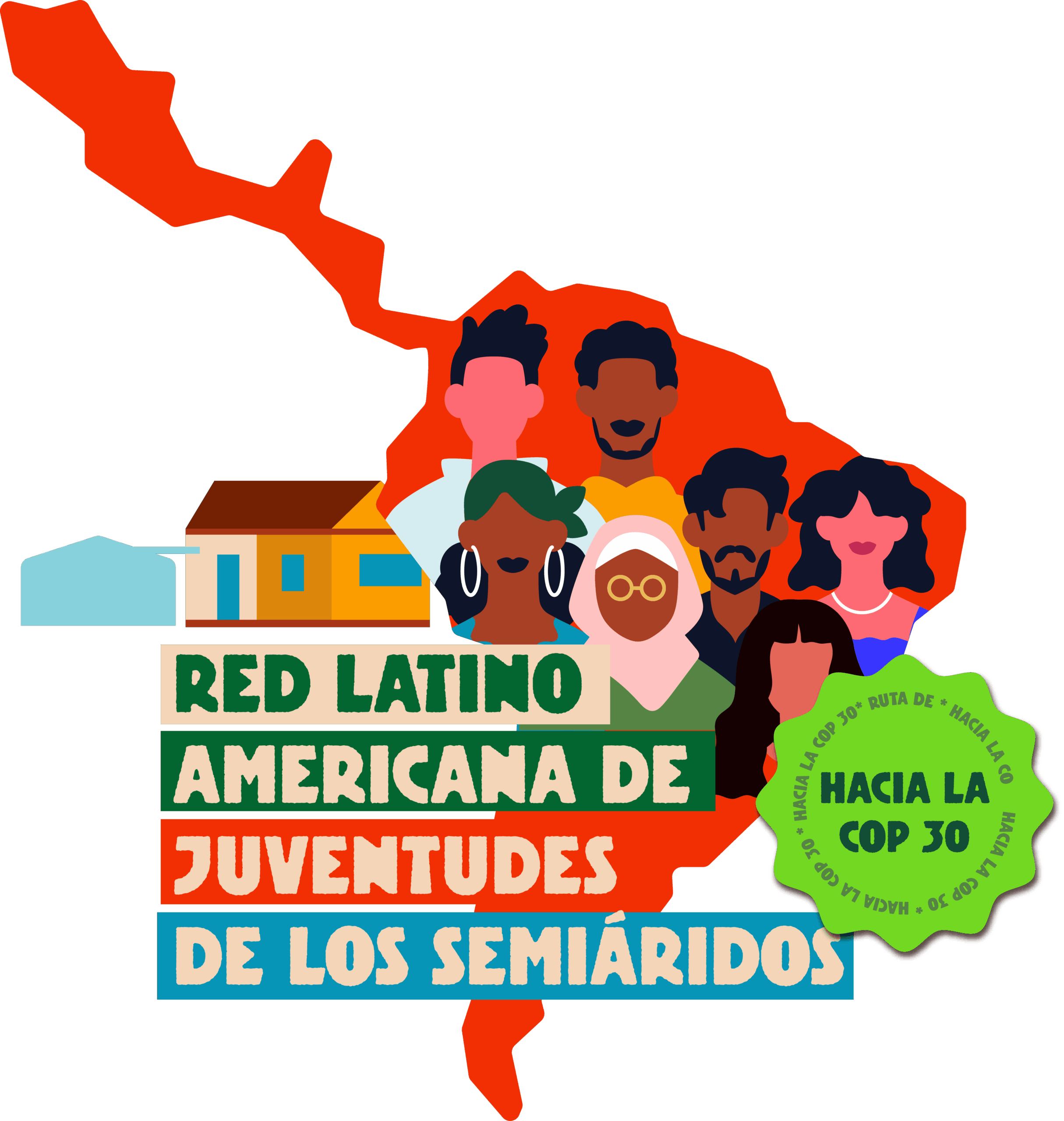
Manifiesto de las Juventudes de las Zonas Semiáridas de América Latina para la COP 30
Nosotras y nosotros, juventudes de las zonas semiáridas, indígenas, afrodescendientes, quilombolas, rurales, campesinas y caatingueiras de América Latina, nos unimos para hacer oír y resonar nuestras voces en todo el mundo. Somos jóvenes del Semiárido Brasileño, del Corredor Seco Centroamericano, del Chaco Trinacional, del Semiárido Mexicano y de Colombia. Este documento expresa nuestra resistencia, nuestra esperanza y nuestra exigencia de justicia climática.
Provenimos de distintos territorios que sufren diversas consecuencias del cambio climático, pero que también nos enseñan a convivir con la naturaleza. Somos herederas y herederos de saberes ancestrales y, al mismo tiempo, portadoras y portadores de innovación y de tecnologías sociales para la acción climática. Sin nosotras y nosotros, no hay futuro posible para las zonas semiáridas ni para el planeta.
Luchamos por el cuidado y la defensa de nuestros territorios, los más vulnerables frente a la aceleración del cambio climático. La vida resiste y florece, a pesar del abandono histórico. Somos sinónimo de resiliencia, no de escasez; de fuerza ancestral, no de atraso. Defendemos las zonas semiáridas y sus biomas en pie, porque la devastación, los agrotóxicos y los incendios son realidades cotidianas que combatimos.

